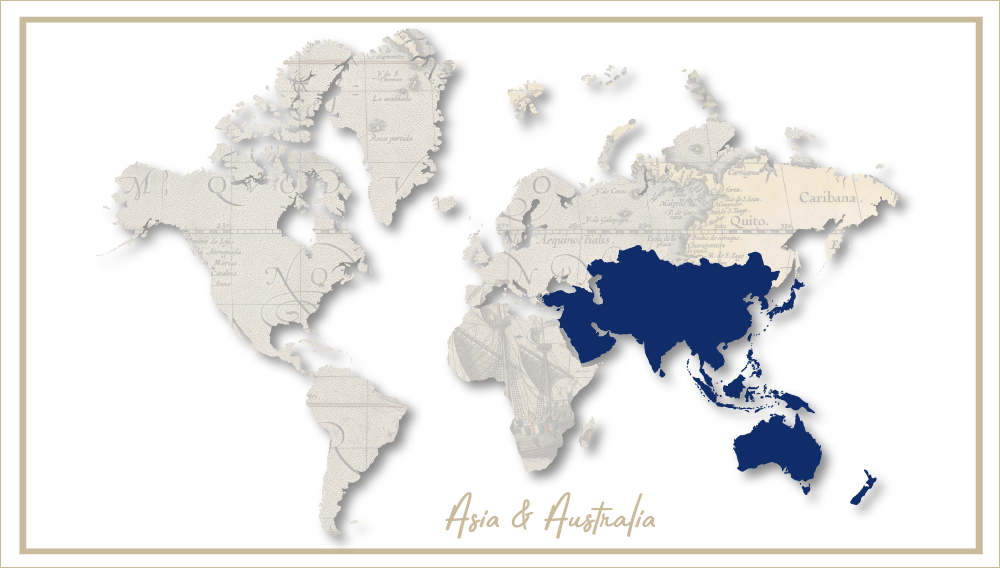AB-InBev denies rumoured sale of Oriental Brewery
If AB-InBev deemed it necessary to officially refute the rumour that it was planning to sell its Korean unit Oriental Brewery (OB), we should remember the old adage: Where there is smoke, there is fire.
In early November 2018, the Korea brewing industry woke up to the news that AB-InBev was seeking to dispose of OB to the local Shinsegae Group. OB produces several of Korea's most popular beverages, including the OB, Cass and Cafri lager brands.
Shinsegae Group is a typical Korean conglomerate, owning the Shinsegae Department Store franchise and Korea's largest grocery store chain, E-mart, amongst other interests.
It would not have been the first time that AB-InBev sold OB. The first time was in 2009, when AB-InBev needed cash to pay for the takeover of US brewer Anheuser-Busch. The buyer then was a group of private equity outfits, and the price tag was USD 1.8 billion. In 2014, AB-InBev bought OB back for USD 5.8 billion including debt.
The first deal was structured thus that AB-InBev practically "loaned" OB to private equity so that they could milk the business to what it's worth. However, not so this time, if the buyer had really been the Shinsegae Group. Why should Shinsegae want to return OB to AB-InBev? Shinsegae is not a private equity firm and an eventual exit would not be part of its business strategy.
In a recent report, the US Department of Agriculture said that the domestic beer industry has long been driven by two large breweries, OB and Hite-Jinro (Hite). OB accounted for 60 percent and Hite for 26 percent of overall beer sales in 2017, followed by Lotte Chilsung at 4 percent. Lotte only entered the market in 2014 by launching the Kloud brand.
Since 2013, domestic beer production has been flat at about 20 million hl or USD 2 billion in value. Meanwhile imports have tripled (2012 to 2017) to over USD 250 million, according to estimates. European brewers have benefitted greatly from the EU-Korea Free Trade Agreement, signed in 2011, which exempts them from paying import duties.
Many Korean consumers harbour the idea that Europe is the leading source for quality beer around the world. Korea's beer imports from key European suppliers in 2017 amounted to USD 26 million for Belgium (up 100 percent from 2016); USD 25 million for Germany (up 24 percent); USD 21 million for Ireland (up 12 percent); and USD 20 million for the Netherlands (up 31 percent).
Korea - Alcohol imports (value in USD)


